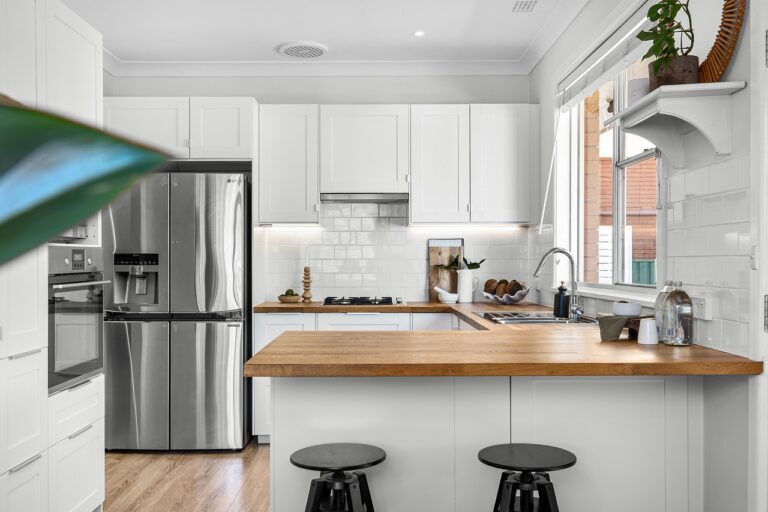The Role of Ventilation in Reducing Noise Pollution: Lotus365 book, Playexch 99, All panel .com
lotus365 book, playexch 99, all panel .com: Noise pollution is a prevalent issue in urban environments, causing stress, distraction, and even health problems for individuals. One often overlooked solution to reducing noise pollution is proper ventilation. In this article, we will discuss the role of ventilation in decreasing noise pollution and creating a more peaceful environment.
What is the connection between ventilation and noise pollution?
Ventilation systems play a crucial role in mitigating noise pollution in buildings. By providing a constant flow of fresh air, ventilation helps create a barrier between indoor spaces and external sources of noise. Properly designed ventilation systems can help absorb and block out unwanted noises, creating a quieter and more comfortable environment for occupants.
How does ventilation reduce noise pollution?
Ventilation systems can reduce noise pollution in several ways. First, by bringing fresh air into the building, ventilation helps create a positive pressure environment that acts as a buffer against external noise sources. Additionally, well-designed ventilation systems can include sound-absorbing materials that help dampen noise from machinery, traffic, and other outdoor sources.
What are the benefits of using ventilation to reduce noise pollution?
Reducing noise pollution through ventilation has numerous benefits for individuals and communities. A quieter environment can lead to improved focus and productivity, better sleep quality, and overall enhanced well-being. Additionally, reducing noise pollution can help create a more pleasant living or working environment, leading to increased satisfaction and comfort for occupants.
How can ventilation systems be optimized for noise reduction?
To optimize ventilation systems for noise reduction, it is essential to work with experienced professionals who understand the principles of acoustics and ventilation design. By strategically placing sound-absorbing materials, minimizing air leaks, and using high-quality ventilation equipment, it is possible to create a more peaceful and quiet indoor environment.
In conclusion, the role of ventilation in reducing noise pollution cannot be understated. By implementing proper ventilation systems, we can create quieter and more comfortable indoor environments that benefit individuals and communities alike. If you are looking to reduce noise pollution in your building, consider investing in high-quality ventilation systems designed to optimize acoustics and create a more peaceful space.
FAQs:
1. Can ventilation systems completely eliminate noise pollution?
While ventilation systems can significantly reduce noise pollution, it may not be possible to completely eliminate all sources of noise. However, proper ventilation design and implementation can create a much quieter and more comfortable indoor environment.
2. How can I determine if my ventilation system is effectively reducing noise pollution?
A professional assessment of your ventilation system can help determine if it is effectively reducing noise pollution. Look for signs of air leaks, inadequate sound-absorbing materials, or other factors that may be contributing to noise pollution in your building.
3. Are there specific regulations or guidelines for ventilation systems to reduce noise pollution?
Some building codes and regulations may include guidelines for ventilation systems to reduce noise pollution. It is essential to work with professionals who are familiar with these regulations and can help ensure your ventilation system meets all necessary requirements for noise reduction.







